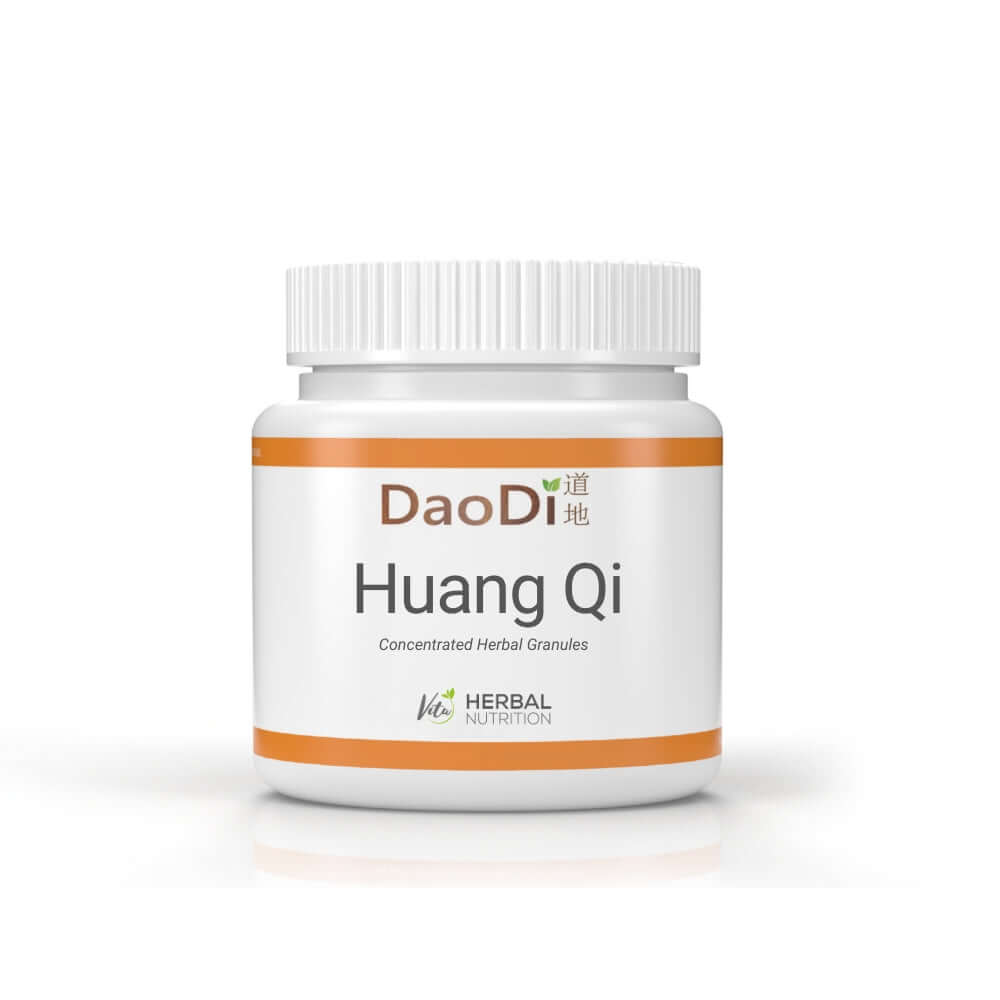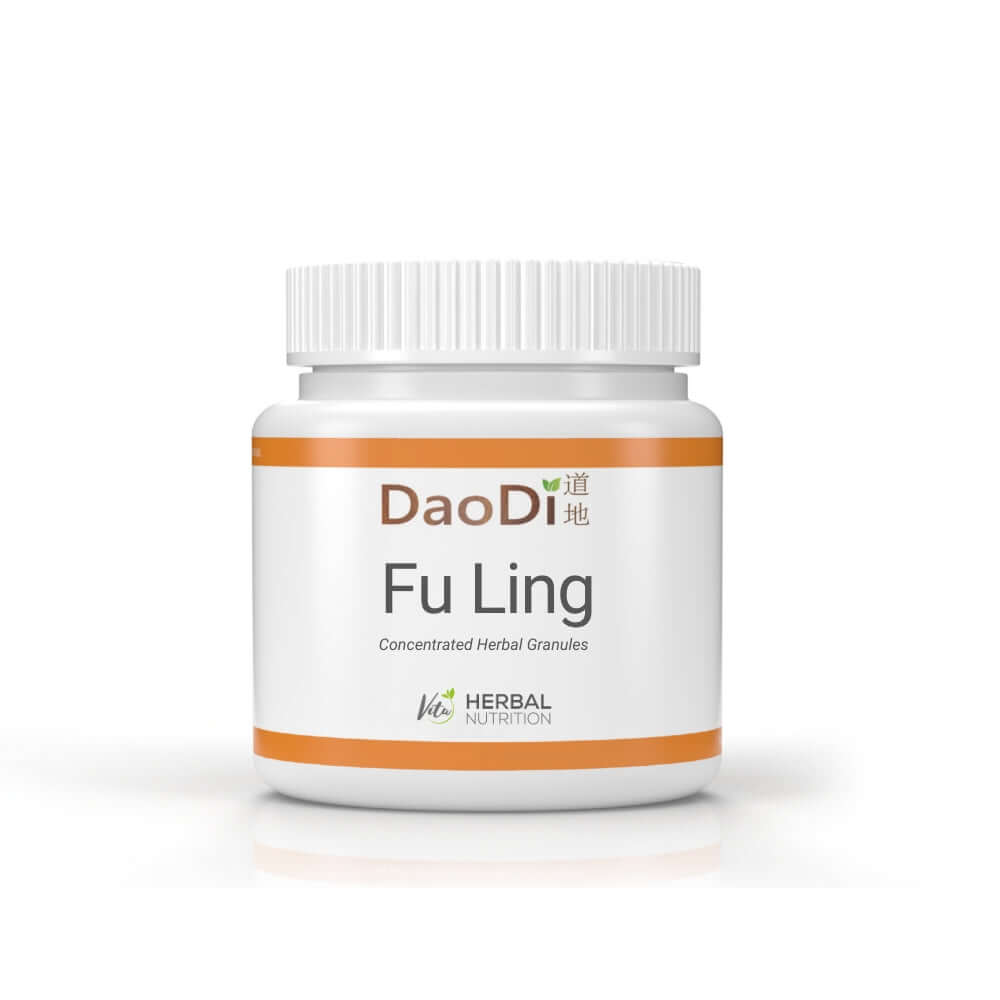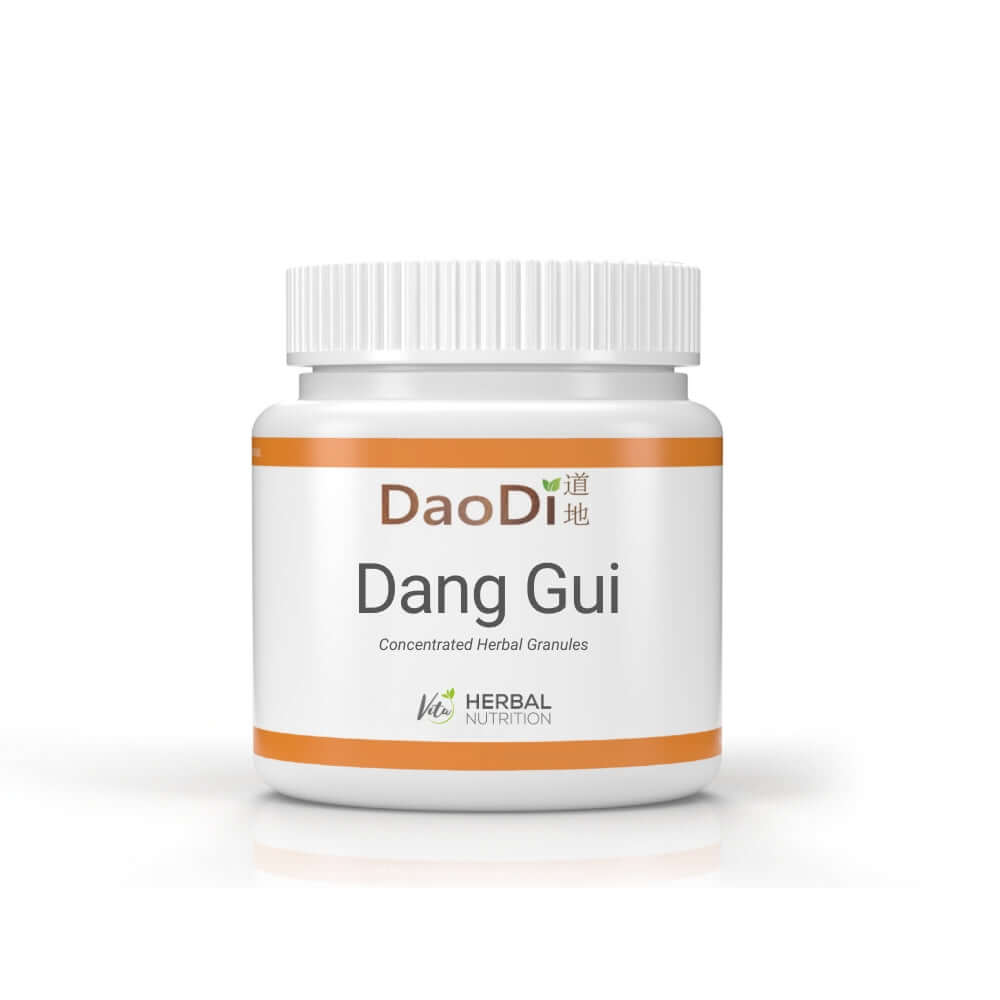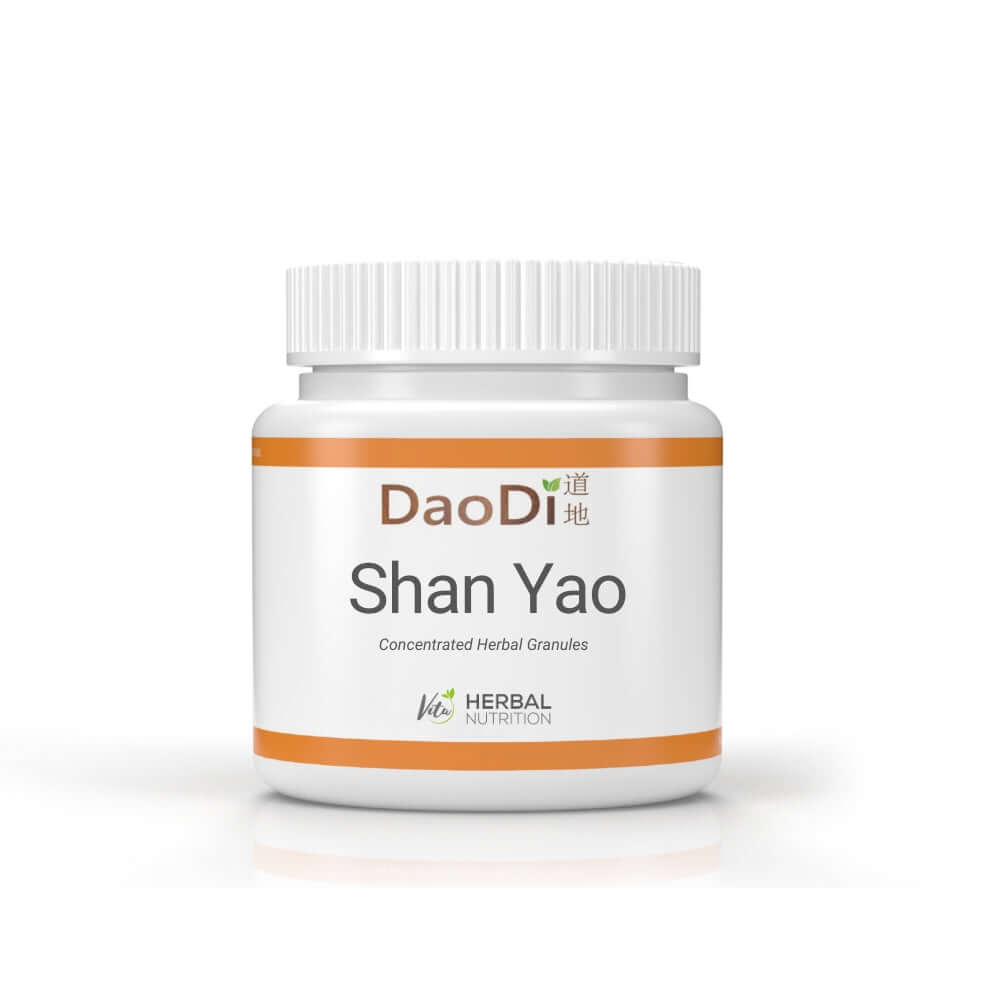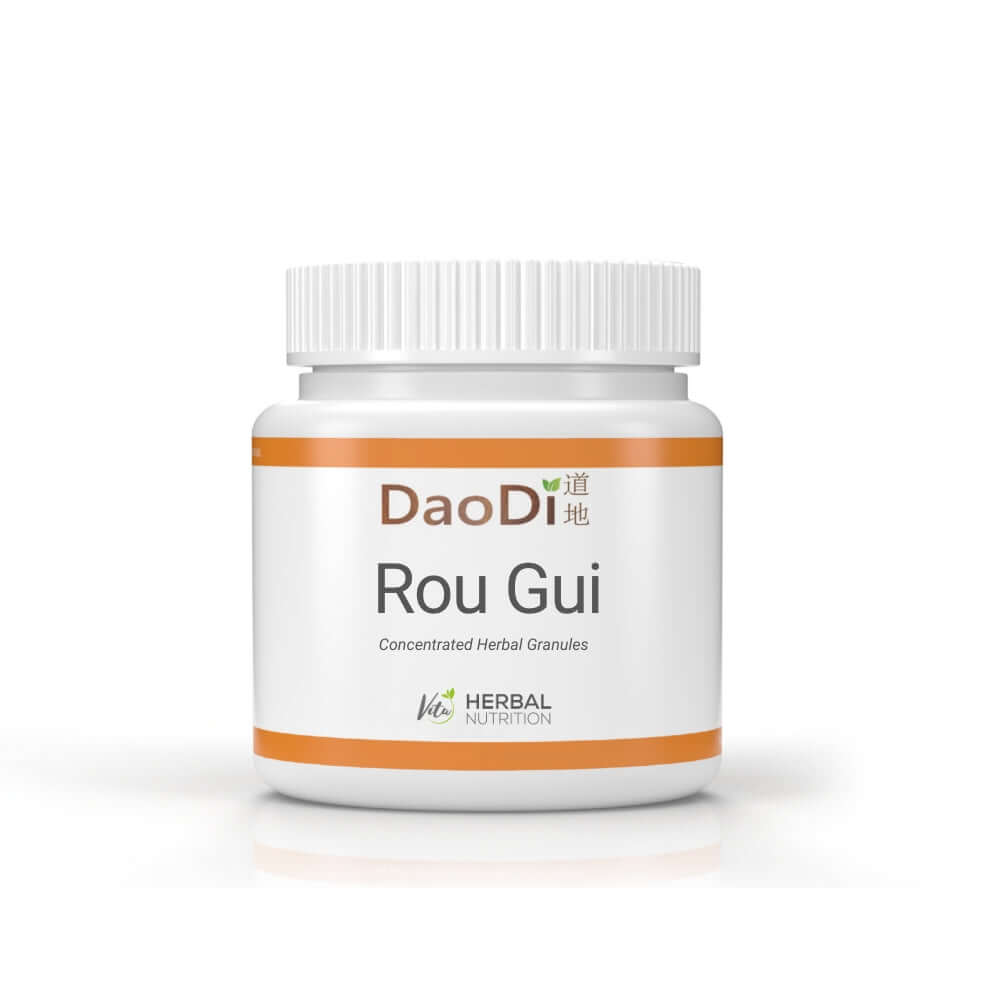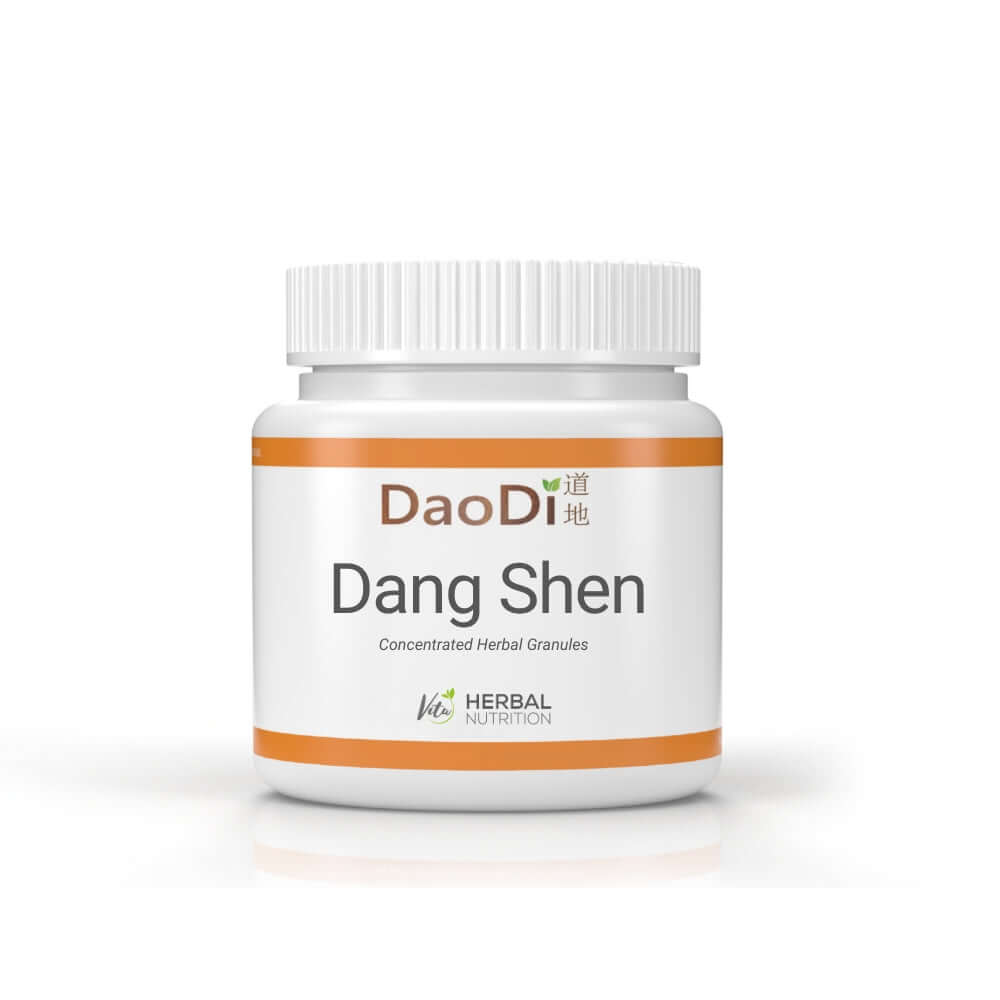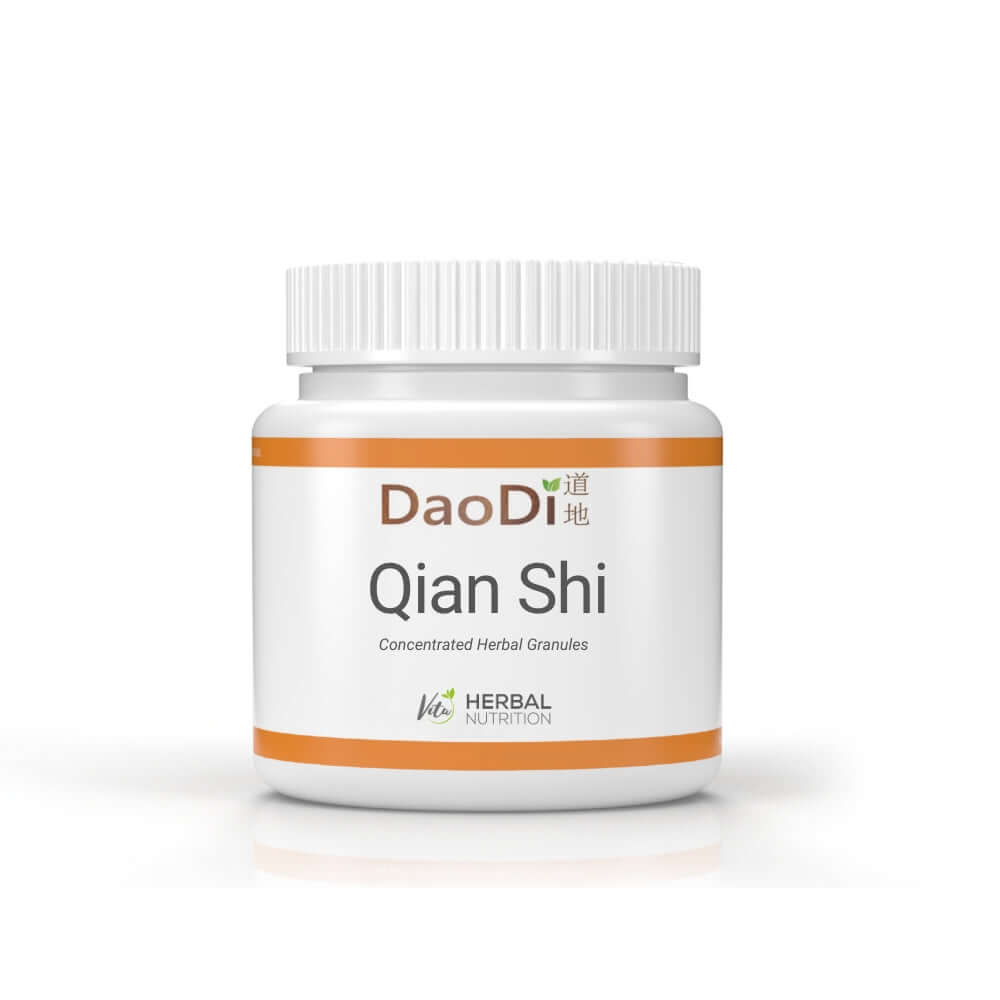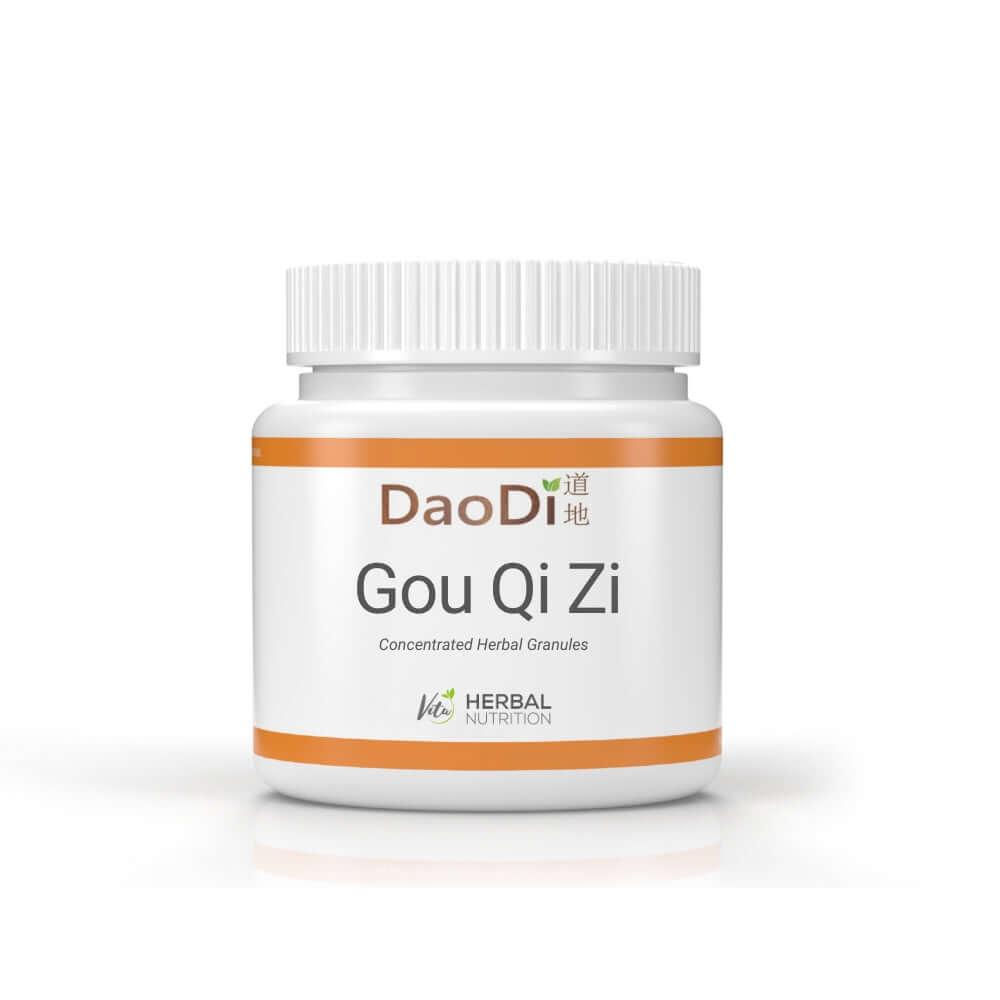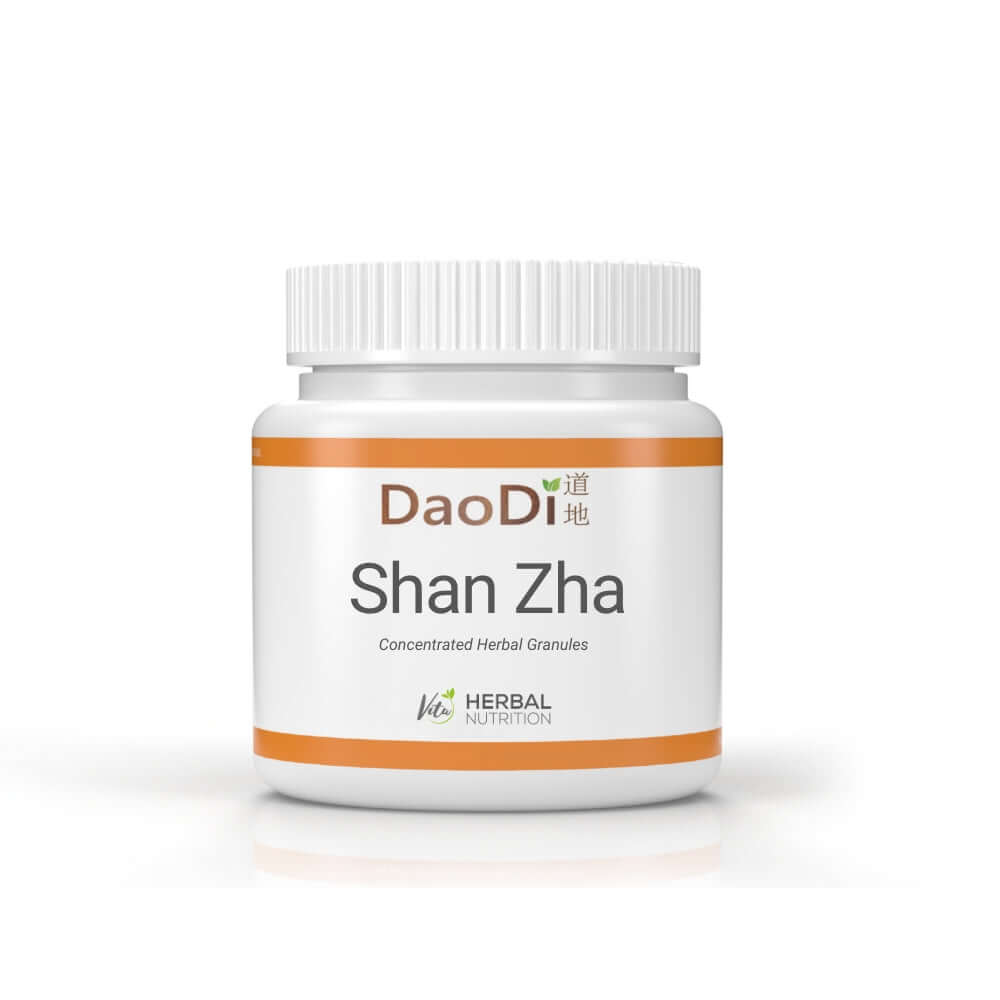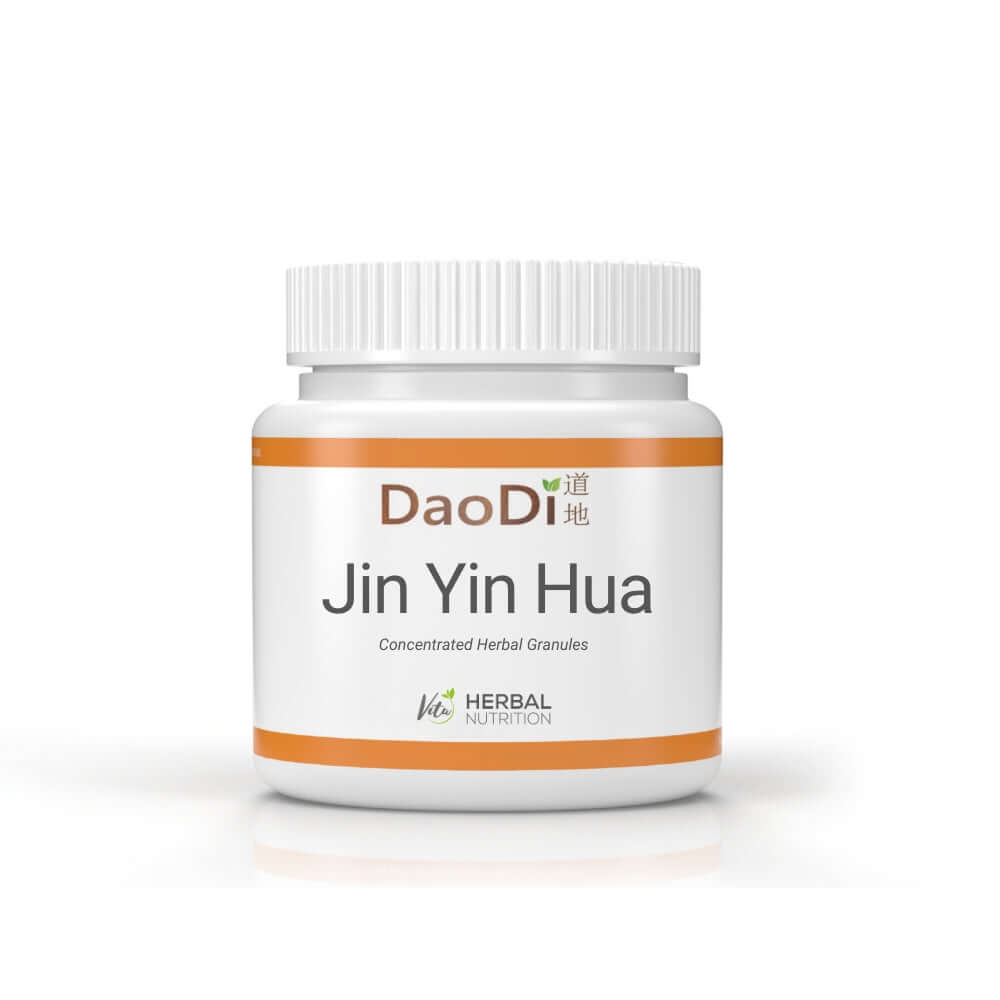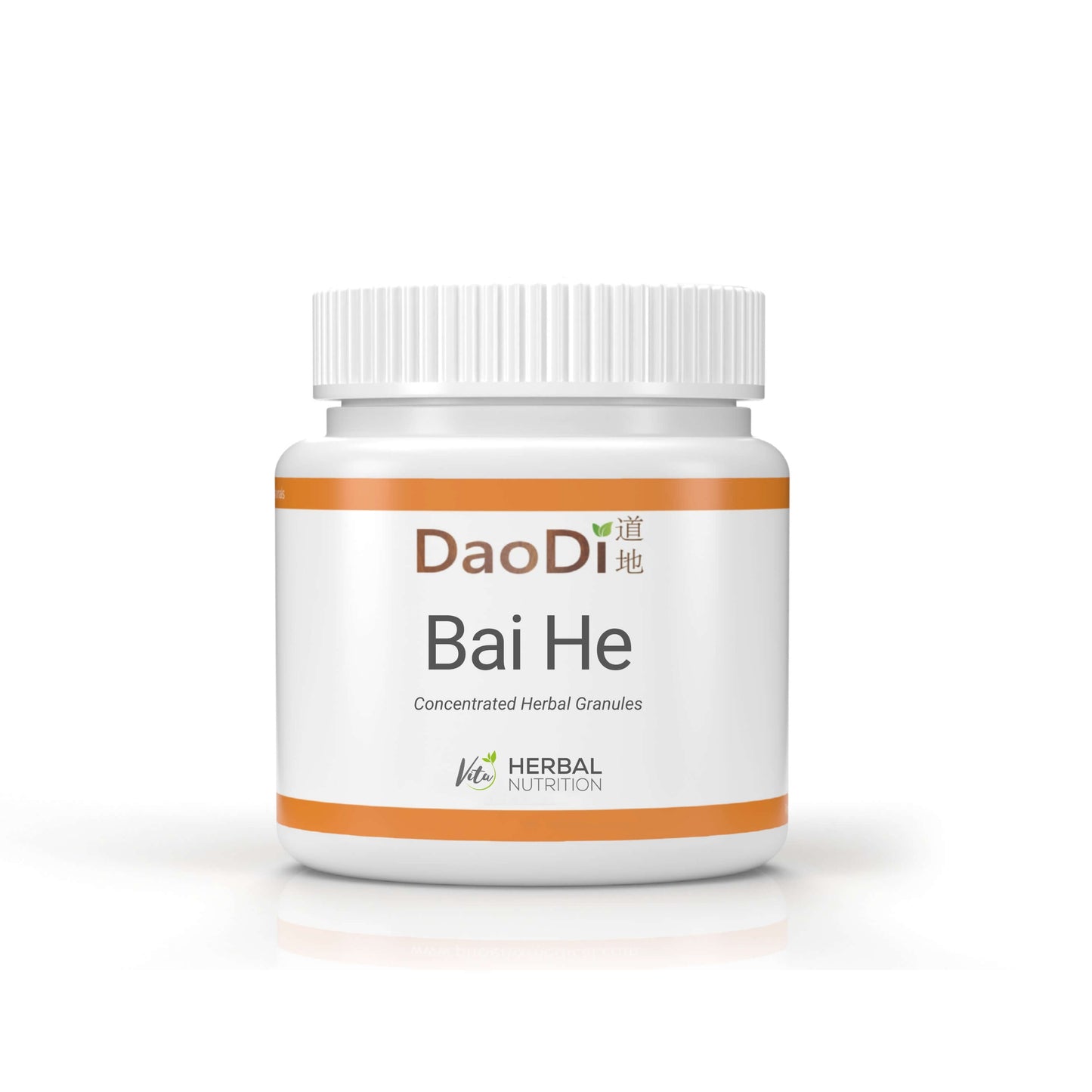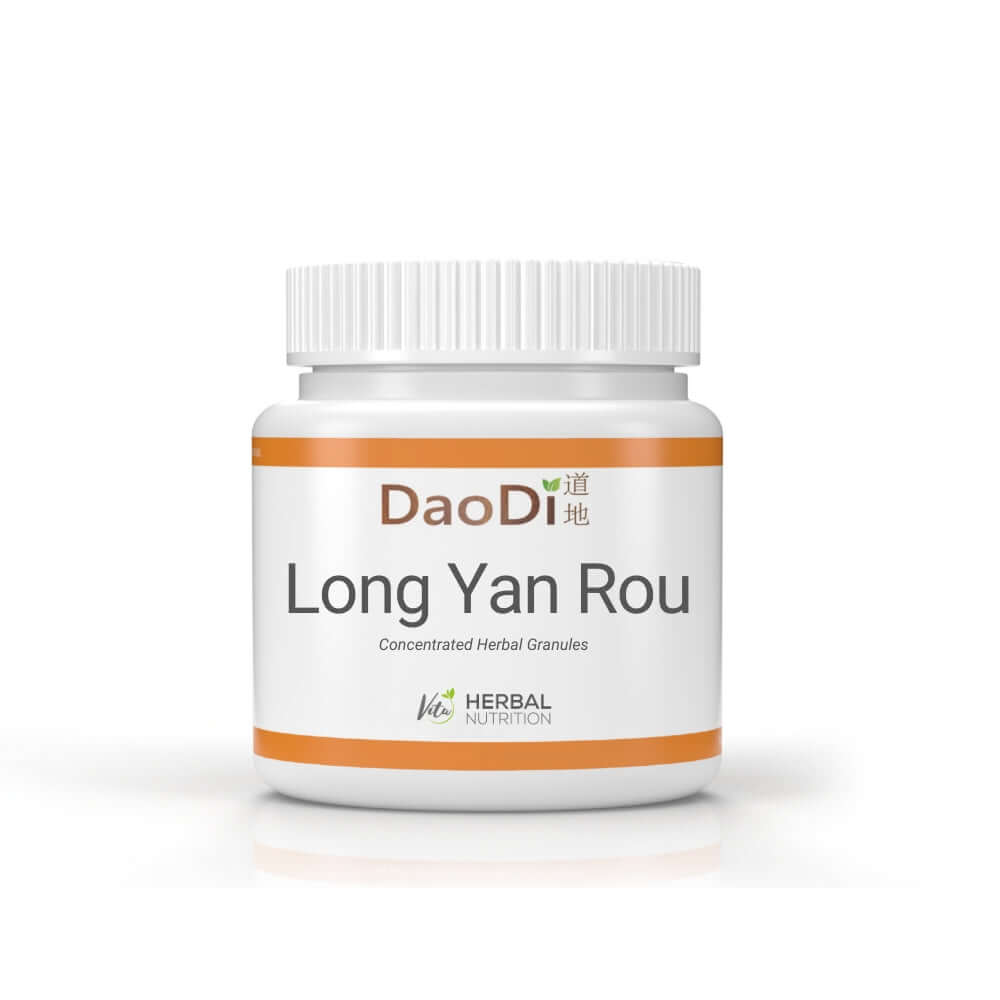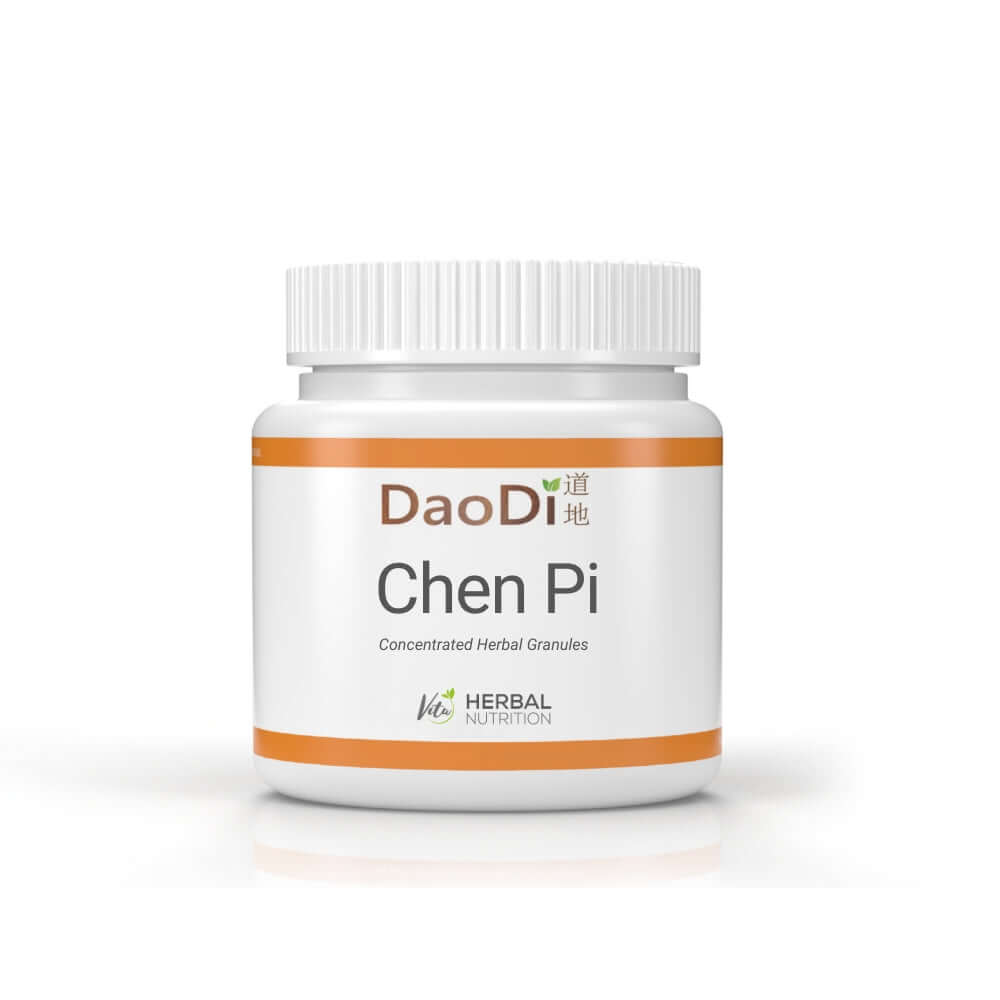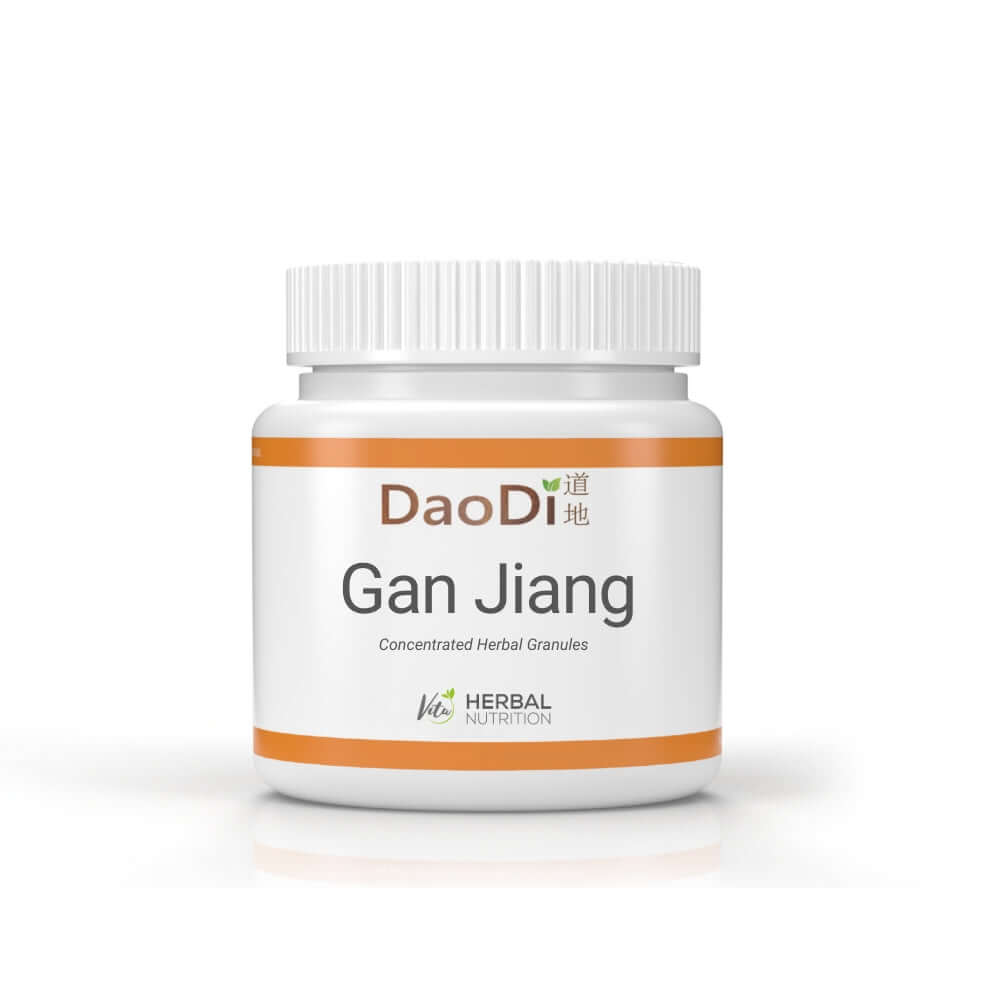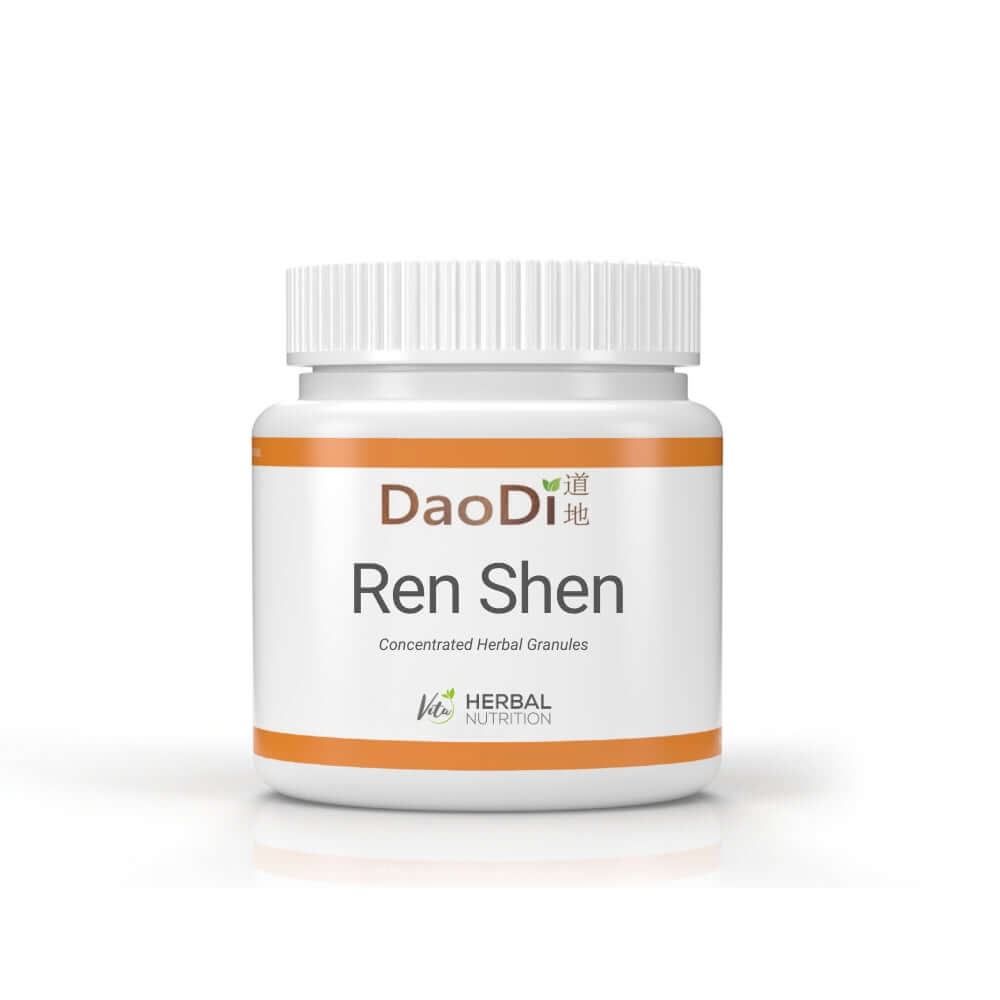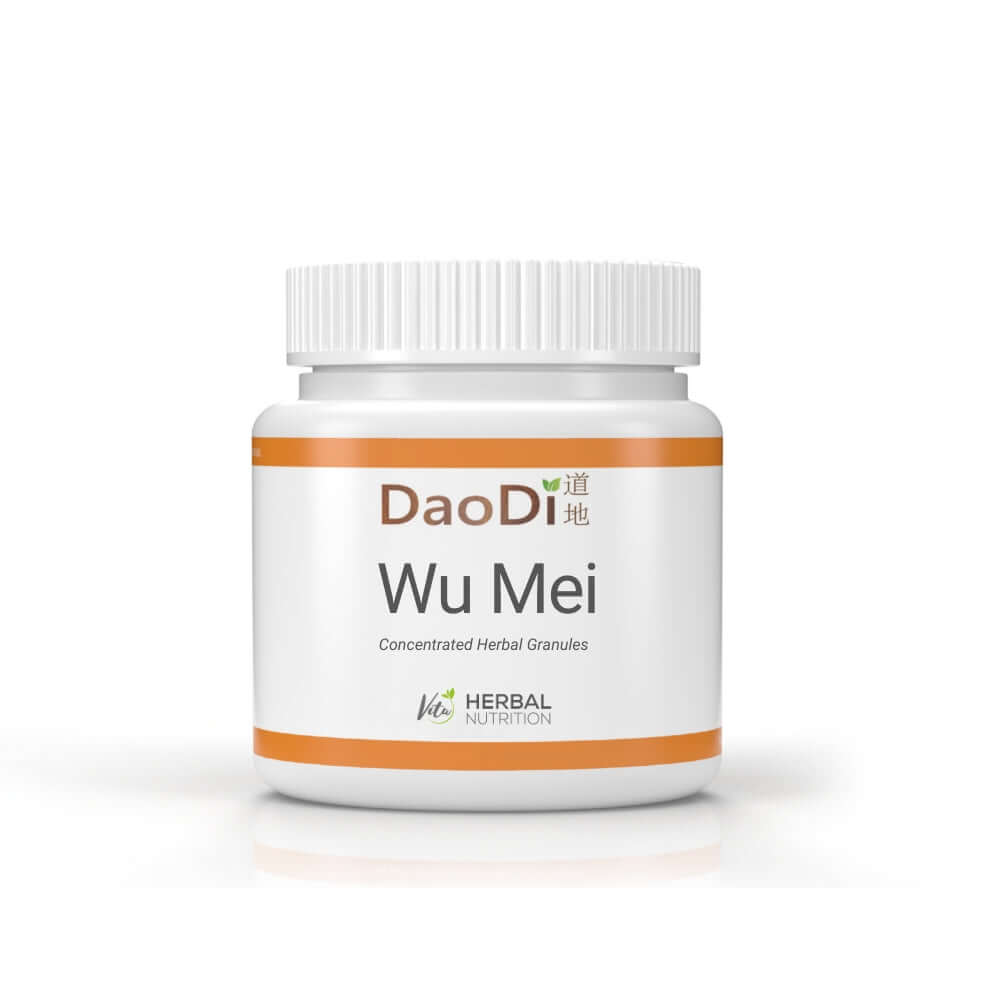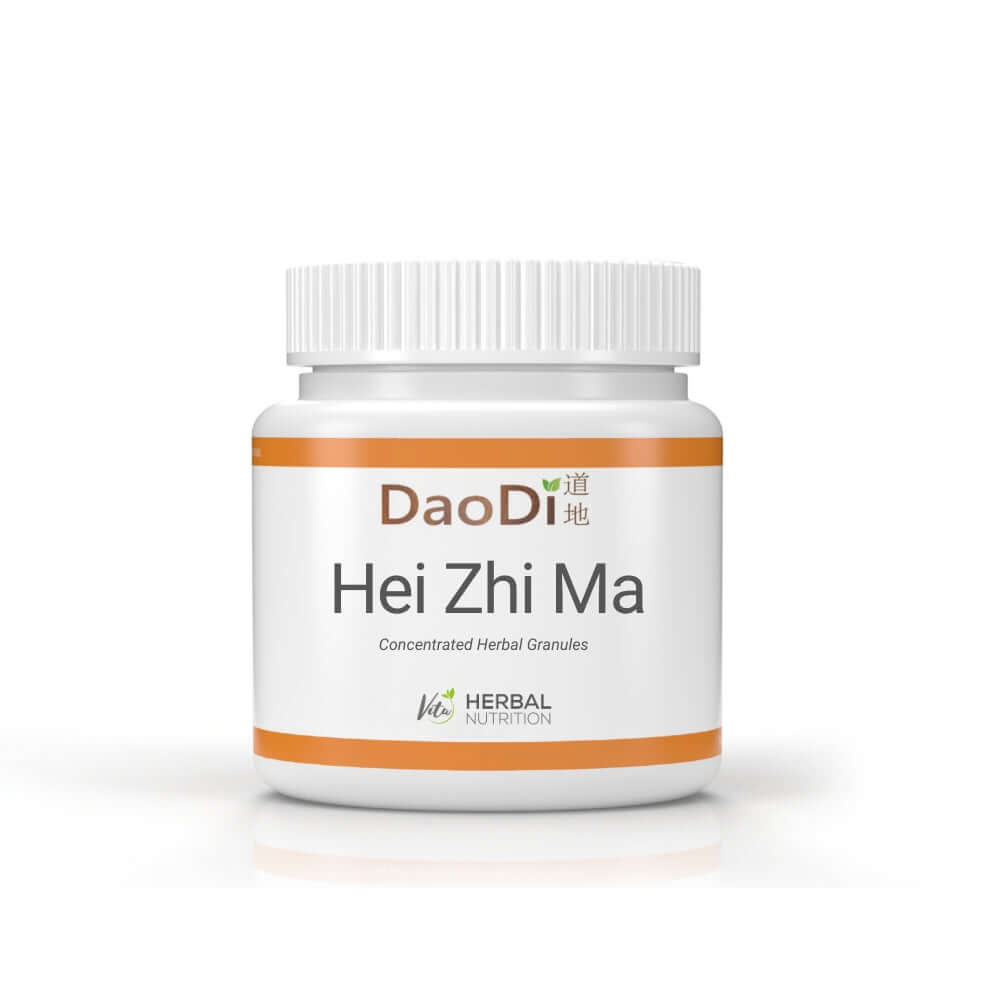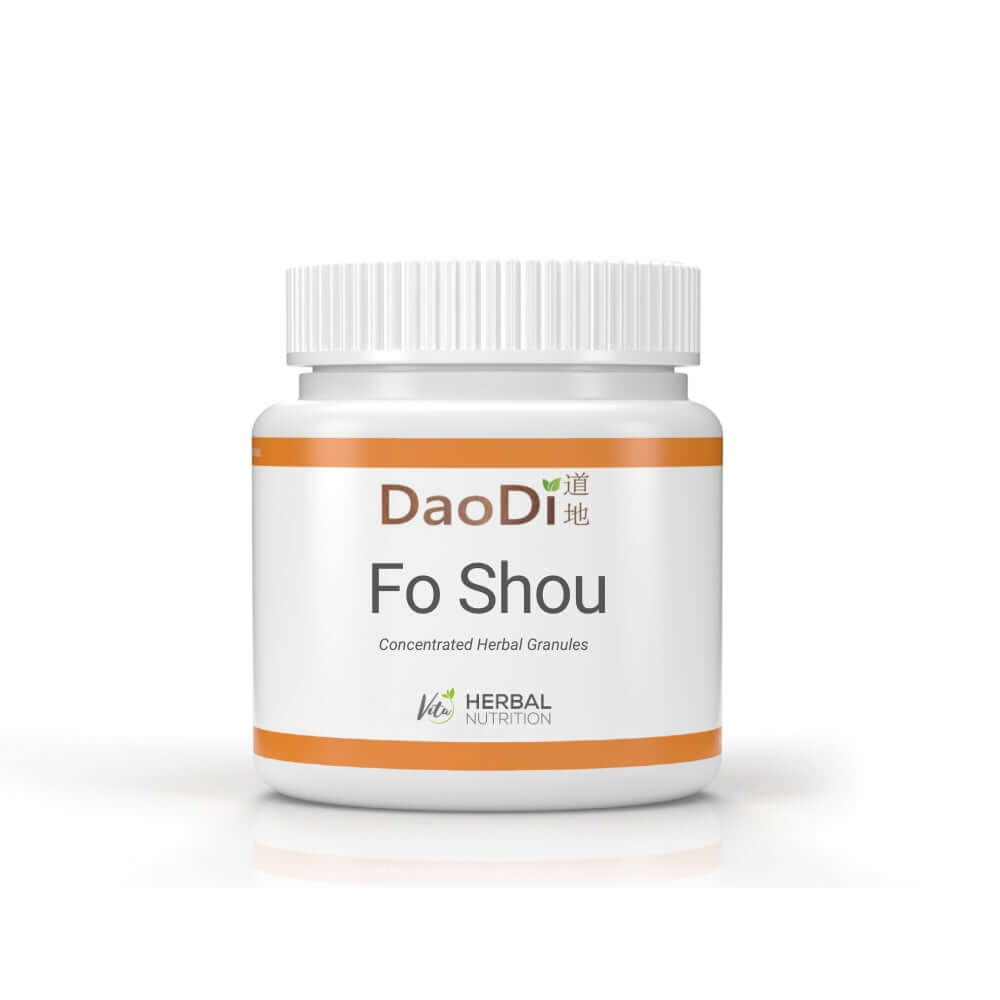Concentrated Herbal Granules
If you’ve ever wandered through a traditional apothecary or flipped through a book on plant lore, you’ll know that herbs have long been prepared in a variety of ways—dried leaves for teas, chopped roots for decoctions, powders for quick mixing. But herbal granules are a relatively modern approach that combines traditional knowledge with modern techniques.
What Are Herbal Granules?
Imagine taking the heart of a herb—the flavour, the fragrance, the goodness it holds—and then carefully capturing it in a form that’s both tidy and practical. The herbs are gently simmered, much like a traditional brew, before the liquid is dried into a fine powder through a process known as spray-drying. That powder is shaped into granules, making it far easier to handle and measure than loose powders. To keep them authentic, the natural aromatic oils are sometimes reintroduced, so when you open the jar or stir them into hot water, you still get that familiar scent and taste of the plant itself.
The result? A neat, shelf-stable, and practical format that delivers the essence of the plant without the faff of soaking, simmering, and straining. It’s why many people today are turning to convenient herbal granules rather than the long, messy traditional methods.
Internal Balance and the Philosophy Behind Them
One of the enduring ideas behind traditional herbal practice is the notion of internal balance. Life today is often hectic—late nights, heavy meals, long commutes, endless screens. All of these can leave the body and mind out of sync. Herbs, particularly when used consistently and with care, have traditionally been seen as a way to nudge things back into alignment.That doesn’t mean instant results or miracle cures—herbs are rarely about that. Instead, it’s the quiet, steady support they bring over time. Having a jar of concentrated Chinese herb granules in your cupboard is like having a reliable friend to call on when things feel a little off-kilter.
Some people find digestive herbal granules a helpful companion after a hearty meal, while others prefer gentler blends in the evening, such as sleep support herbal granules to round off the day. During the colder months, it’s quite common to keep a jar of herbal granules for immunity in the cupboard, ready to stir into a warm drink. However you use them, the purpose is much the same—giving the body a gentle nudge towards feeling more balanced and settled from the inside out.

When Should I Take Chinese Concentrated Herbal Granules?
The beauty of these granules is their flexibility. You don’t need to spend hours brewing concoctions—you just need a cup, hot water, and a few minutes. But when should you take them?
For many, herbal granules become part of a daily routine, like brushing teeth or making tea. A spoonful of quick-dissolve herbal granules in the morning might set the tone for the day, while something gentler in the evening helps create a wind-down ritual.The advantages of these products go beyond convenience. They:
- Save time compared with traditional raw herbs.
- Travel well, since you can pack a small jar or sachet without worrying about spills.
- Mix easily, whether in hot water, porridge, or soups.
- Offer a consistent taste and strength, thanks to modern extraction methods.
- Come in a wide variety, from single herbal extract granules (like ginger or ginseng) to more complex blends.
If you’re new, the best advice is to start slowly. Pick one or two herbs that feel most relevant to your needs, try them at a regular time of day, and see how your body responds.
When to Stop Taking Herbs
While there are many benefits of herbal granules, it’s equally important to know when to pause. Herbs, like anything we put into our bodies, need to be used with respect.A few useful reminders:
- Listen to your body: if you feel discomfort, it’s best to take a break.
- Avoid overuse: just because something is natural doesn’t mean more is better.
- Mind interactions: if you’re taking prescribed medicines, be cautious about mixing without professional advice.
- Pregnancy and children: always check suitability before giving herbs to vulnerable groups.
The disadvantages of herbs usually appear when they’re taken without thought—too much, too often, or without checking whether they suit your personal situation. In other words, moderation and mindfulness are key.
How They’re Prepared and Taken
Making a cup with herbal granules is refreshingly straightforward. Unlike raw herbs that require boiling for hours, concentrated Chinese herb granules dissolve in hot water within seconds. Simply:
- Measure out the suggested amount (usually a spoonful).
- Add hot water.
- Stir until dissolved.
- Sip slowly, as you would a tea or broth.
They can also be mixed into foods. In many kitchens, herbal cooking granules concentrate is stirred into soups and porridges or even added to sauces. It’s a simple way to fold herbal practice into everyday life, without setting aside special time for preparation.
Strength of Taste and Effect
One thing that surprises people trying premium herbal granules in the UK for the first time is how strong they can be. Because they’re concentrated herbal extracts, the flavour is often far more pronounced than a light tea. Ginger will feel fiery, cinnamon will be warming, and hawthorn will be sharp and tart.That strength is part of the appeal. It means you don’t need much to experience the taste and aroma of the plant. It also makes it easier to blend different granules into one cup, experimenting until you find combinations you enjoy.

Manufacturing Process in Detail
The process behind spray-dried herbal granules is a blend of art and science. It typically looks something like this:
- Boiling: Raw herbs are simmered in large vats of water, much like traditional decoctions.
- Extraction: The liquid is carefully filtered to capture the desired components.
- Concentration: The extract is reduced until it becomes a thicker liquid.
- Spray-drying: This liquid is sprayed into a chamber with hot air, instantly drying it into fine powder.
- Granulation: The powder is formed into tiny granules, which dissolve more evenly than loose powders.
- Volatile oil reintroduction: For herbs that lose their aroma during boiling, the fragrant oils are captured separately and then blended back in, preserving the authentic smell and flavour.
It’s this combination of tradition and modern precision that makes concentrated Chinese herb granules so dependable.
Why Buy Herbal Granules Online?
In the past, you’d have to visit a dedicated herbalist or Chinese pharmacy to find these. Today, you can buy herbal granules online, making them far more accessible. Reputable Chinese herb granule suppliers (like Vita Herbal Nutrition) focus on quality, ensuring the herbs are sourced responsibly and processed carefully.
For those in Britain, having access to herbal granule supplements means being able to enjoy centuries-old traditions without hopping on a plane to China. Whether it’s buying TCM granules online for daily use or simply experimenting with a jar or two, it’s an easy way to bring a little more nature into modern routines.
Final Thoughts
The Concentrated Herbal Granules Collection is more than just a shelf of jars—it’s a meeting point of tradition and convenience. These convenient herbal granules honour the old ways while fitting neatly into busy, modern lives. They bring flavour, fragrance, and a sense of ritual to the everyday.
FAQs
How to take Chinese herb granules?
Dissolve the suggested amount in hot water, stir well, and sip. You can also add them to soups, porridges, or teas for variety.
What are the different types of herbal granules?
There are single herbal extract granules (made from one herb, like ginger or goji) and combination formulas (blends created for specific purposes).
What time of day should I take Chinese herbs?
It depends on the herb. Some people prefer invigorating herbs in the morning, while calming ones are better suited to evenings. Consistency often matters more than exact timing.
How long do Chinese granules stay in your body?
Like most foods or drinks, they are digested and metabolised within hours. The exact time depends on the herb, your digestion, and how often you take them.

